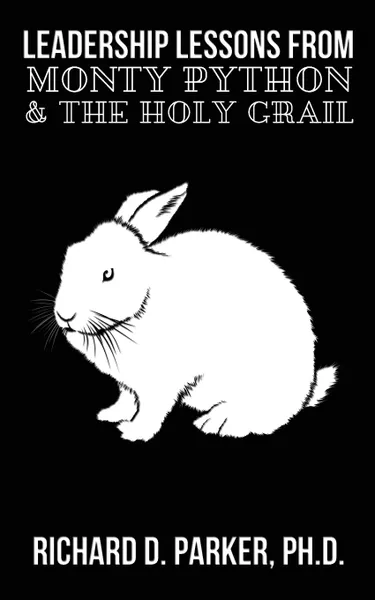Leadership Lessons From Monty Python and the Holy Grail 12+
Автор: Richard D. Parker
116 страниц
Категория: Менеджмент и управление
ISBN: 9781937592752
Язык: Английский
📗 Seventeen-years-old when I saw it, what always stuck with me was how disappointed I was at the ending of the film. Of course, having seen it countless times over the 30 years since, I’ve learned to appreciate its finer aspects. And I now think the conclusion actually provides us with a bonus that–like the Spanish Inquisition–we may not have been expecting. I could call this a carryover from the lesson of Roger the Shrubber, but I’ll just get on with it.All too often, many aspects of life seem to end in disappointing ways. Sales deals fall apart, someone misses the last second shot on goal that would have won the hockey game, a romantic relationship fizzles out or crashes and burns, or you end up failing to study for a final exam because you have an A going into it, but blow the test and end up with a lower grade. Any way you look at it, there’s a reason the British can use the saying “before it all went horribly wrong” in a plethora of situations.Unsatisfactory endings are an unpleasant fact of life. But do all need to be second-rate? No, they don’t. We know this because many events in life have ended well.How we complete things can be very telling. We can take the time to finish properly, or we can rush to move on to the next thing. This book is about leadership, which doesn’t always mean just leading others. It means you, too. How you conduct yourself, in what you start and how you finish it, in life.By writing this book, I have attempted to pass along a few life lessons I ...
Мнения
